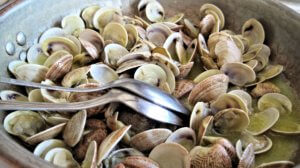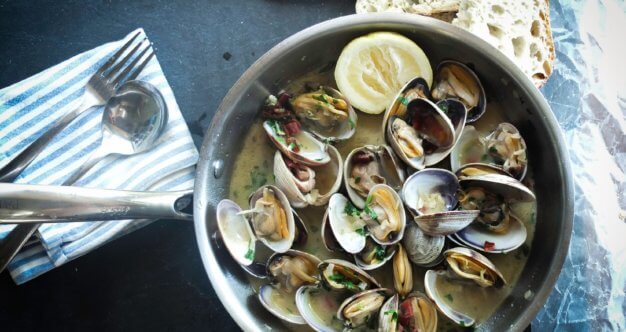How do you tell if a news story about cancer is important, and something you should know about, or just hype? Here are some of SurvivorNet’s important questions to ask whenever you’re trying to determine the importance of a story about cancer in the news.
- Is the study done in people? If the study is done on animals or in a laboratory that means there is a long way to go before we know the answer to whether whatever they studied is effective. Treatments that work in animals often don’t work in humans.
- What kind of journal published the study? Like everything else, quality in medical studies varies. Some journals have very high standards for research while others don’t.
- What did the researchers say their study showed in their paper? What the researchers write in their papers are reviewed by other experts. So they are very careful to only make claims about what they have proven. When they are interviewed, nobody is reviewing what they’re saying. So they can make all kinds of claims about what their study showed.
- If the study is done in people, how big was it? Early clinical trials are done to test the safety of drugs with small numbers of people. These studies are not done to show whether a drug or treatment is effective. Later phase studies with larger numbers of patients will evaluate effectiveness, and may impact decisions by doctors
Here’s an example of a story to question: a new article from The Daily Mail suggests that cockles, a seaside snack, “are able to stop various types of tumour cells from growing.” The story says “researchers tested the unusual therapy on leukemia, breast, lung and bowel cancer tumours and said their results were encouraging.” Then there are a whole bunch of quotes from the lead researcher about how this may help with children’s cancers, and how “the Holy Grail of children's cancer chemotherapy is to maximise the destruction of the cancer whilst minimising damage to normal cells and tissues.”
Read More
Let’s go back to our key questions to evaluate this story.
- Is the study done in people. No. It’s not even done in animals. It’s done in a lab
- Where was the study published? A journal called Marine Drugs. It’s apparently a peer-reviewed journal that focuses on “development, and production of drugs from the sea.” So it’s not a journal that your oncologist is likely to have ever heard of, or will ever read
- What did the researcher say the study showed in their paper? You won’t find any “Holy Grail” in the study summary. The final two lines of the abstract, which generally tell the significance of what a study found, are “However, they do serve as important descriptors for the classification and make-up of the anti-cancer GAGs chains. Furthermore, these data represent clear evidence of the compositional differences between whelk GAGs and commercial mammalian GAGs.” The disconnect between the quotes from the researcher and what the researcher actually said, and the failure of the story to alert you early on that this is a lab study, is what makes this hype.
Learn more about SurvivorNet's rigorous medical review process.


